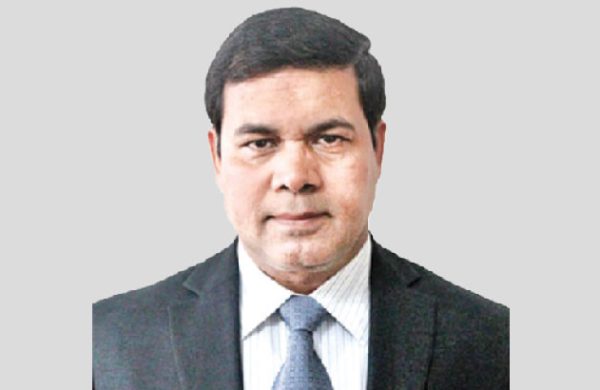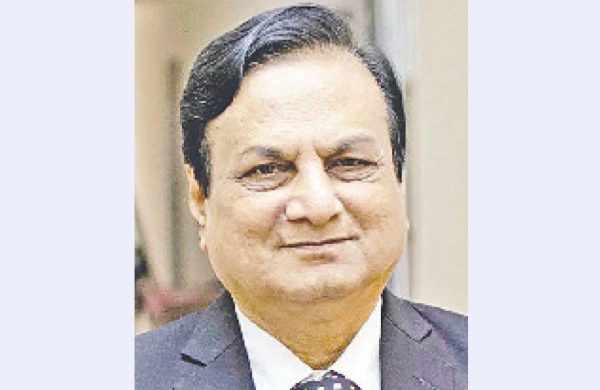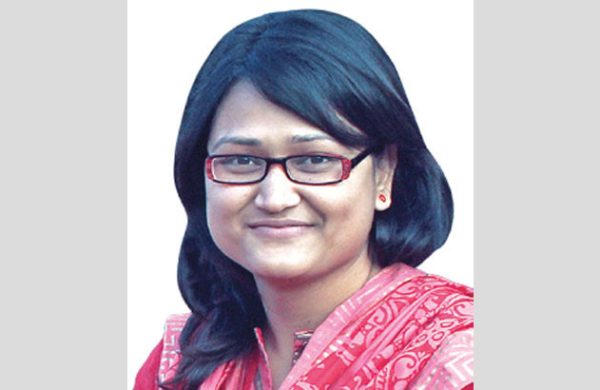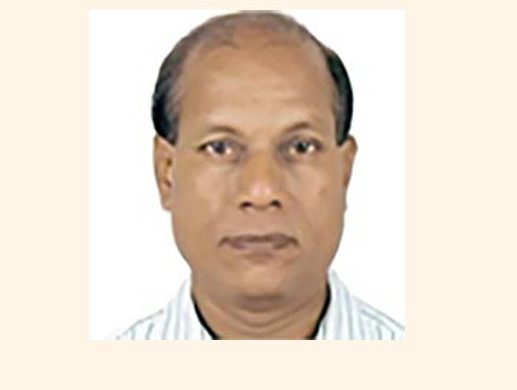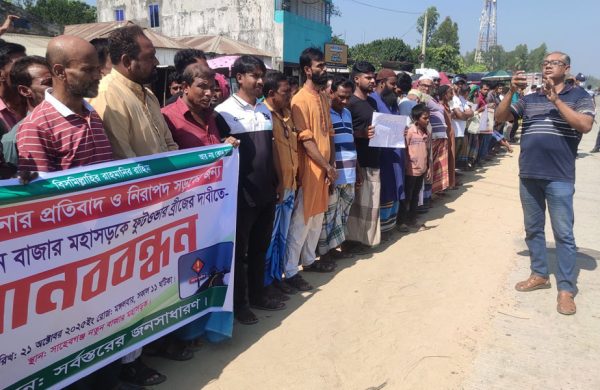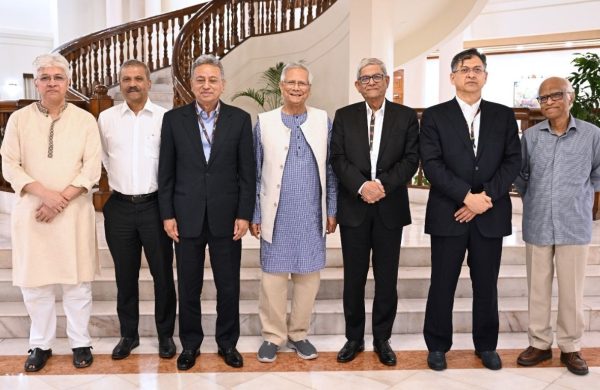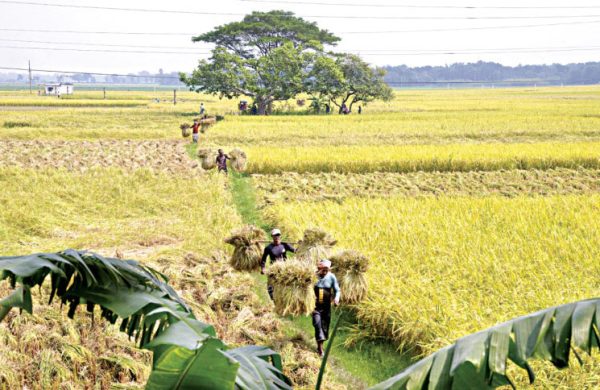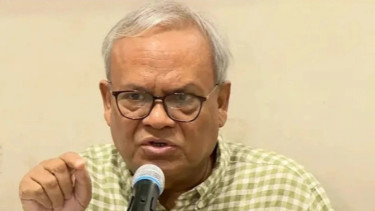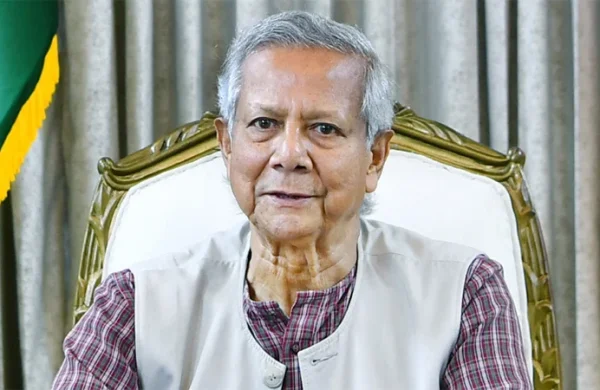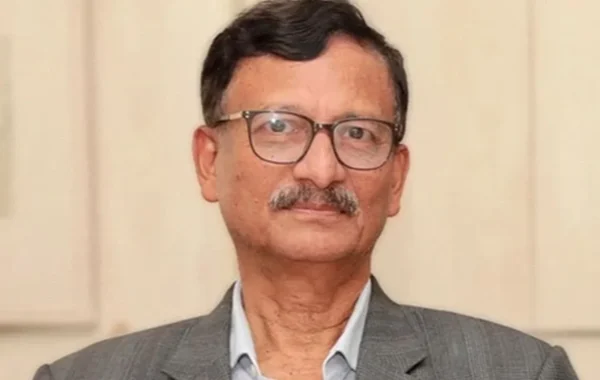Untangling the Paradox of Democracy and Bureaucracy in Developing Economies
- Update Time : Tuesday, December 10, 2024

---Dr. Mohammad Kamrul Hasan---
The interplay between democracy and bureaucracy in governance has been extensively debated within political and administrative theories. In developing nations, both the systems usually remain in their early stages. So, the conflicts between democratic principles and bureaucratic efficiency become especially evident there.
Max Weber’s ideal bureaucracy model underscores the importance of hierarchy, adherence to rules, and merit-based practices, all aimed at promoting rationality and efficiency. Conversely, democracy necessitates responsiveness to public opinion, often favouring adaptability and political practicality.
From the Weberian perspective, democracy disrupts bureaucratic rationality by introducing elements of political discretion. Developing democracies, in particular, tend to place excessive emphasis on popular demands, which can lead to a departure from bureaucratic neutrality. For example, in clientelist democracies where political allegiance takes precedence over merit, bureaucratic appointments and decisions are swayed by electoral motivations rather than expertise, thereby diminishing the rational-legal authority that Weber proposed. Consequently, the quest for democratic responsiveness frequently compromises the consistency and impartiality of bureaucracies, undermining their capacity to operate as effective, rule-based entities.
Additionally, Principal-Agent theory elucidates the dynamics between elected officials (principals) and bureaucrats (agents), and emphasises the difficulties in ensuring that agents act in alignment with the interests of the principals. In democratic systems, the relationship between politicians and bureaucrats is often complicated by conflicting incentives. In many developing nations, politicians tend to focus on immediate electoral benefits rather than long-term public interests. This focus leads to a disconnection with bureaucratic agents, whose role is to implement policies grounded in expertise and stability. The absence of robust institutional checks and oversight in these environments intensifies agency issues, as bureaucrats may either yield to political pressures or engage in self-serving actions. Consequently, the accountability framework becomes distorted, resulting in bureaucracies that are either overly politicised or excessively cautious to avoid clashes with democratic leaders.
Moreover, Public Choice theory posits that bureaucrats act out of self-interest, seeking to maximise their own utility, often to the detriment of public welfare. This viewpoint is particularly pertinent in democracies where political meddling encourages rent-seeking behaviour. In emerging democracies, bureaucracies frequently become entangled in patronage and corruption networks, driven by political demands.
Politicians manipulate bureaucratic structures to allocate resources to their supporters, while bureaucrats exploit their roles for personal advantage. For instance, the inclination of civil servants to align with ruling parties for job security illustrates a departure from their intended public service role, as outlined in Public Choice Theory. These interactions perpetuate inefficiency and corruption, undermining the ability of bureaucracies to function as impartial administrators of public policy. In transitional democracies, where institutional frameworks are still in development, the push for swift democratisation frequently exceeds the capabilities of bureaucratic institutions. In such environments, bureaucracies are inadequately prepared to balance the conflicting demands of political actors and citizens.
The ‘Iron Triangle’ concept illustrates the relationship among bureaucracies, politicians, and interest groups, often resulting in policy capture and inefficiencies. In developing democracies, politicians often manipulate bureaucracies to favour powerful interest groups. This manipulation distorts bureaucratic priorities, causing policies to be designed to benefit specific groups rather than the general public. Furthermore, the expansion of democracy in post-colonial nations frequently conflicts with the hierarchical and elitist characteristics of the bureaucratic systems inherited from colonial rule. Politicians take advantage of this historical rigidity to solidify patronage networks, while bureaucrats, who are used to a top-down governance approach, find it challenging to adjust to the demands of democratic accountability.
This disconnection is particularly noticeable in nations such as India, where the legacy of the colonial-era Indian Civil Service continues to exist, despite its misalignment with the democratic principles of inclusivity and participation. The absence of necessary structural reforms sustains inefficiencies and intensifies the discord between democratic values and bureaucratic functions. Moreover, in emerging democracies, detrimental feedback loops frequently arise between political and bureaucratic entities. Political meddling diminishes bureaucratic effectiveness, which subsequently undermines public confidence and reduces the legitimacy of both frameworks. For instance, in Latin American nations like Venezuela, the politicisation of bureaucratic institutions has resulted in significant inefficiencies, contributing to widespread public dissatisfaction and political turmoil.
In order to alleviate the adverse effects of democracy on bureaucracy in developing nations, it is essential to implement reforms that tackle the identified structural and systemic tensions. Enhancing institutional frameworks to guarantee bureaucratic independence and shield civil servants from inappropriate political pressures is vital. Importantly, the promotion of a merit-based system could serve as a viable solution.
Additionally, establishing mechanisms for collaborative governance that harmonise bureaucratic and political objectives can prove to be beneficial. It is essential to prioritise the establishment of a culture of participatory governance to effectively connect political actors, bureaucrats, and citizens. Besides, fostering a transformation in bureaucratic culture from rigidity and elitism to one characterised by inclusivity and responsiveness, while maintaining professionalism, can serve as a significant catalyst for change.
The theoretical examination highlights the fundamental tensions that exist between democracy and bureaucracy in developing nations. Democracy necessitates responsiveness and inclusivity, whereas bureaucracy relies on consistency, neutrality, and expertise. In developing environments, where institutional weaknesses and socioeconomic inequalities intensify these tensions, democratic processes frequently undermine bureaucratic efficiency and integrity. Overcoming these obstacles demands systemic reforms, capacity enhancement, and a reconfiguration of the relationship between democracy and bureaucracy.
____________________________________
The writer is a public administration and public policy researcher


